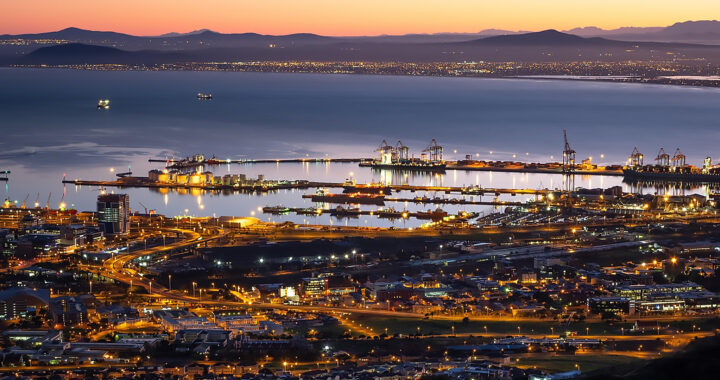South Africa passed and enforced its Expropriation Act 13 of 2024. This enables its government to sequester and appropriate land without compensation in specific circumstances. Note that the law concerns the domestic affairs of South Africa. However, it did not sit well with Donald Trump. Hence, as a response, he issued an executive order halting financial aid from the U.S. government and offered white South Africans resettlement opportunities in the United States.
Explainer: The Expropriation Act 13 of 2024 at the Center of the Feud Between Donald Trump and South Africa
The Expropriation Act No. 13 of 2024 was devised to address historical land ownership disparities rooted in apartheid. White South Africans, who make up about 7 percent of the South African population, own nearly three-quarters or 70 percent of the farmland, while the black majority, who make up about 81 percent of the population, own only 4 percent.
Donald Trump and his allies, including Elon Musk, have criticized the law. Press statements from the White House and the U.S. Embassy noted that Trump views the law as discriminatory against white farmers and a violation of human rights. He has repeatedly asserted, without evidence, that South Africa is confiscating land from white farmers and treating them unfairly.
Moreover, on 7 February 2025, Trump signed an executive order freezing all U.S. aid to South Africa, citing the land reform law and alleged human rights violations against white Afrikaners. The order also included plans to resettle Afrikaner farmers in the U.S. as refugees. The aid freeze affects approximately USD 440 million in U.S. assistance.
The South African government has denied the claims made by the U.S. government through Trump and stated that no land has been confiscated and that the law is a constitutional measure to address historical injustices. They have accused Trump of spreading misinformation and failing to understand the context of colonial and apartheid history in the country.
Furthermore, to address misinformation South African President Cyril Ramaphosa spoke directly with Musk to clarify the objectives and legal framework of Expropriation Act No. 13. He still maintained that South Africa will not be bullied and emphasized that the South African government committed to constitutional democracy and the rule of law.
Note that the legislation has received a substantial amount of criticism from various domestic political parties, civil society organizations, and legal experts. The Democratic Alliance, the second-largest political party in South Africa, has initiated legal action against the law based on what it has deemed as substantial and procedural unconstitutionality.
The feud is not just about the land reform law. South Africa took a strong stance against Israel at the height of the Israel-Gaza War. It also accused the Israeli government of genocide at the International Court of Justice The executive order of Trump criticized South Africa for its anti-Israel position and for allegedly aligning with Hamas, Russia, and Iran.
South Africa also has closer ties with both China and Russia. These include strong trade relations and collaborative military exercises. This has been a source of tension. The U.S. government has accused the South African government of undermining Western interests and siding with Russia in the context of the ongoing conflict between Russia and Ukraine.
FURTHER READINGS AND REFERENCES
- Roelf, W. and Peyton, N. 7 February 2025. “South Africa ‘Will Not Be Bullied,’ Ramaphosa Says After Trump Attack.” Reuters. Available online
- The White House. 7 February 2025. “Addressing Egregious Actions of the Republic of South Africa: Executive Order.” The White House. Available online
- S. Mission South Africa. 10 February 2025. “Fact Sheet: President Donald J. Trump Addresses Human Rights Violations in South Africa.” U.S. Embassy and Consulates in South Africa. Available online





